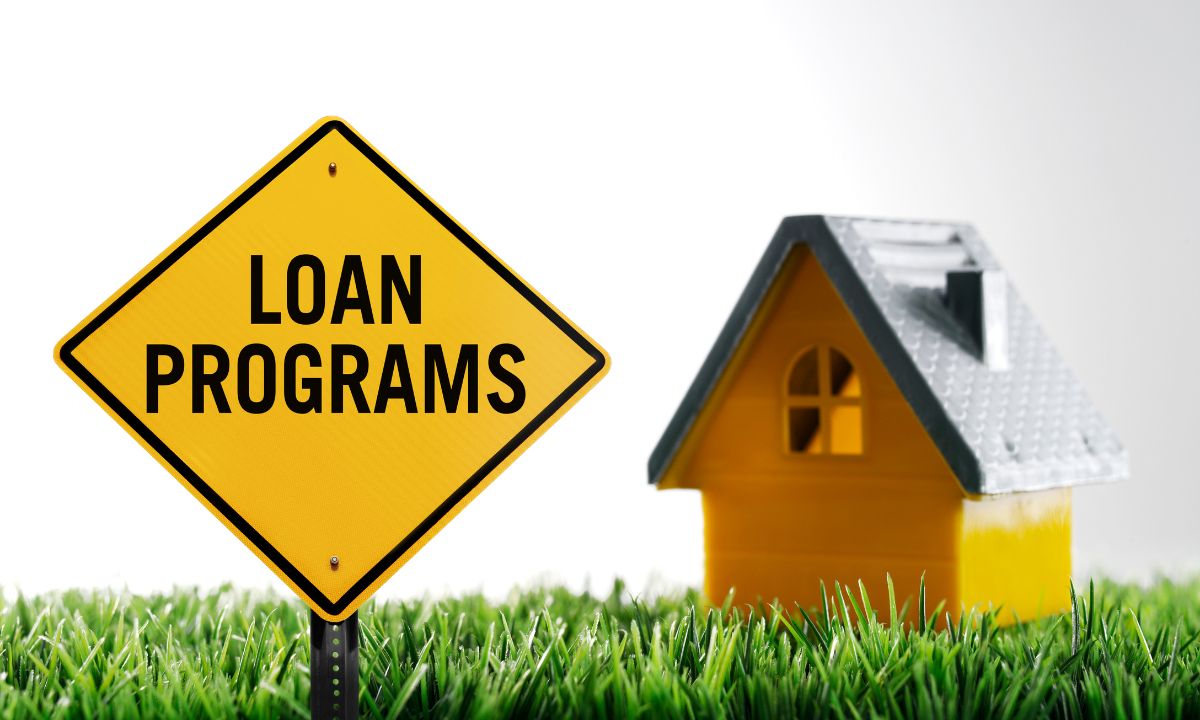Path to Homeownership With FHA Loans
 For many potential homeowners, the dream of buying a house can feel out of reach, especially when saving for a large down payment or dealing with credit challenges. That’s where FHA loans come in. Backed by the Federal Housing Administration, these loans have become a go-to option for first-time homebuyers and others looking for accessible and flexible financing options.
For many potential homeowners, the dream of buying a house can feel out of reach, especially when saving for a large down payment or dealing with credit challenges. That’s where FHA loans come in. Backed by the Federal Housing Administration, these loans have become a go-to option for first-time homebuyers and others looking for accessible and flexible financing options.
Low Down Payment
One of the most attractive features of FHA loans is the low down payment requirement. With as little as 3.5% down, you can move closer to owning your dream home. This is a game-changer for borrowers who may not have substantial savings but are ready to take the leap into homeownership.
For example, if you’re purchasing a $250,000 home, an FHA loan requires just $8,750 as a down payment compared to the higher amounts typically required by conventional loans. This affordability makes FHA loans particularly appealing to younger buyers and those navigating tight budgets.
Flexible Credit Requirements
Another significant benefit of FHA loans is their lenient credit score criteria. Unlike conventional loans, which often require higher credit scores, FHA loans are designed to accommodate borrowers with less-than-perfect credit. Even if your credit history includes some blemishes, such as late payments or limited credit history, you may still qualify.
For many aspiring homeowners, this flexibility removes one of the biggest hurdles to securing a mortgage. It allows individuals to focus on improving their financial situation while still moving forward with their home-buying goals.
Competitive Interest Rates
FHA loans often come with competitive interest rates, even for borrowers who might not qualify for favorable rates through conventional financing. The government backing of these loans helps lenders offer lower rates, which can result in significant savings over the life of the loan.
Mortgage Insurance
While FHA loans offer numerous benefits, it’s essential to understand the mortgage insurance premium (MIP) that comes with them. This insurance protects the lender in case of default and includes two components:
Upfront MIP: A one-time premium paid at closing, typically 1.75% of the loan amount.
Annual MIP: An ongoing premium added to your monthly payments.
Although MIP adds to your overall costs, the advantages of lower down payments and flexible credit requirements often outweigh this expense for many borrowers.
Is an FHA Loan Right for You?
FHA loans are an excellent option for:
-
First-time buyers looking to enter the housing market with minimal savings.
-
Individuals with lower credit scores who need more flexible approval criteria.
-
Buyers seeking affordable monthly payments through competitive interest rates.
However, if you have a strong credit profile and substantial savings for a larger down payment, exploring conventional loan options might be beneficial to avoid mortgage insurance costs.
Take the Next Step Toward Homeownership
Navigating the home-buying process can feel overwhelming, but you don’t have to do it alone. As a loan originator, I’m here to help you explore all your financing options, including FHA loans, to find the best fit for your needs. Together, we’ll turn your dream of owning a home into reality.

 Purchasing a home is a significant financial milestone, but for many potential buyers, the upfront costs and down payment can be a barrier. Fortunately, there are a variety of mortgage assistance programs available through government agencies and nonprofit organizations to help low- and moderate-income homebuyers achieve their dream of homeownership. These programs can provide financial assistance, lower interest rates, or other benefits to ease the burden of purchasing a home. Here’s an overview of the key options available to you.
Purchasing a home is a significant financial milestone, but for many potential buyers, the upfront costs and down payment can be a barrier. Fortunately, there are a variety of mortgage assistance programs available through government agencies and nonprofit organizations to help low- and moderate-income homebuyers achieve their dream of homeownership. These programs can provide financial assistance, lower interest rates, or other benefits to ease the burden of purchasing a home. Here’s an overview of the key options available to you.